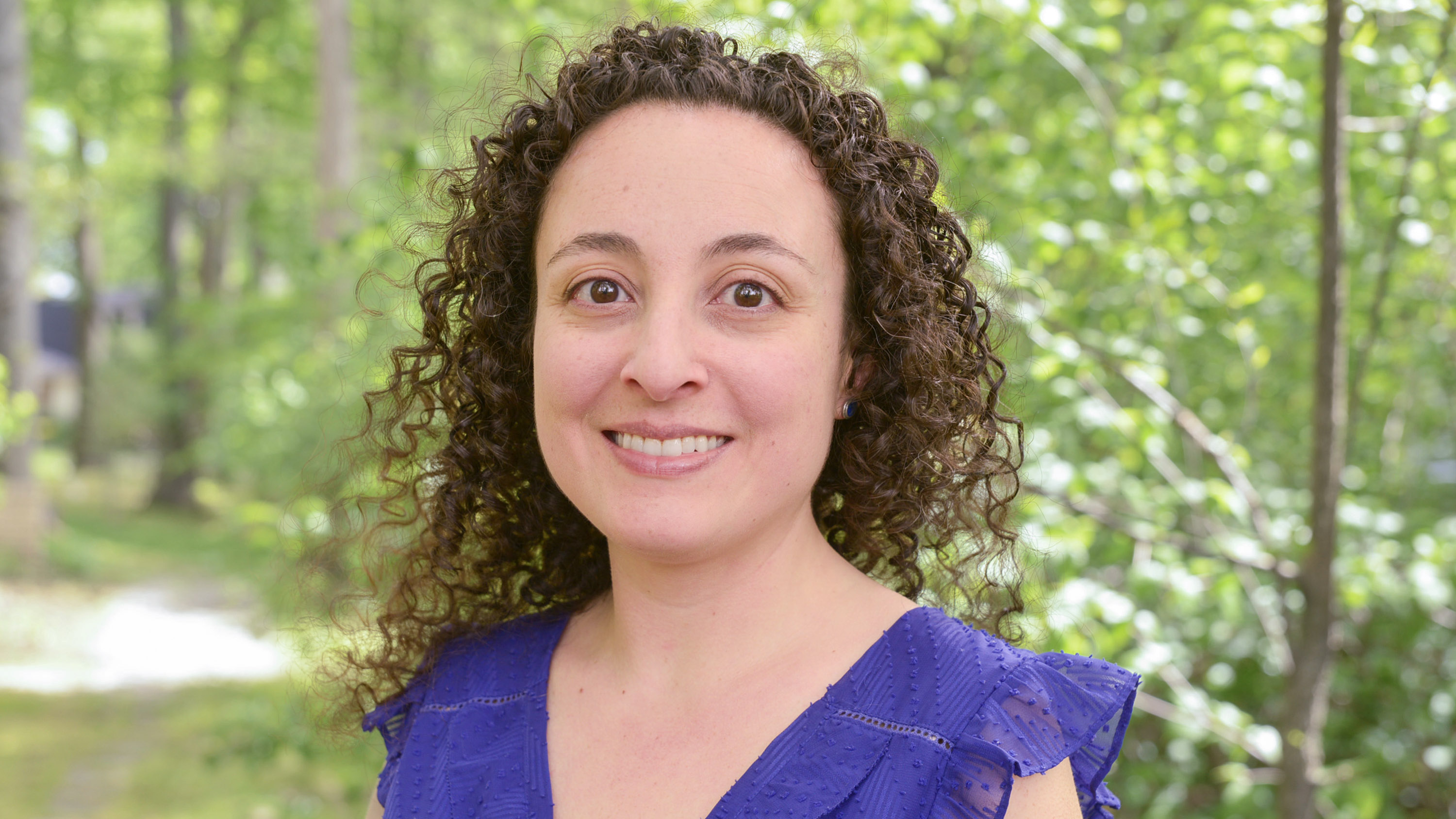WWF director puts food on front burner
Julia Kurnik ’06

One year after she graduated from MIT with a degree in comparative media studies, Julia Kurnik ’06 joined Barack Obama’s 2008 presidential campaign. She spent two years traveling the country and met people from all walks of life. Along the way, she was struck by how many people were struggling to access healthy food—or food of any kind.
“Our food cultivation and distribution system is broken,” says Kurnik, who today develops and implements business strategies around food, agriculture, and sustainability as the senior director of innovation startups at the World Wildlife Fund (WWF). “For example, we grow so much of our food in California, which is threatened by climate change. This also creates huge supply chain issues.”
Kurnik did a variety of work in the public and private sector before joining WWF in 2016. Most notably, she directed the Division of Research and Policy at the National Women’s Business Council in Washington, DC. She also earned an MBA from Wharton and a master’s in public administration from Harvard’s Kennedy School. “I went back to school because I wanted to approach food and agriculture issues like an entrepreneur,” she says.
During graduate school, she founded an aquaponic farm startup to serve low-income Philadelphia neighborhoods, but after she got her degree, she went looking for more stability. The WWF post appealed to her because, as Kurnik discovered, the organization is active in creating food systems that feed people and animals while protecting nature.
At WWF, Kurnik leads and supports a slew of research and development projects focused on food, agriculture, and sustainability. For example, she is advising on a project to offer incentives to Brazilian cattle farmers who help preserve the Amazon rainforest. She and her team are also studying whether an invasive species of Asian carp can be used as pet food. And they are working to shift some crop production from California to the Mississippi Delta, where minority-owned farms can form a viable and equitable regional food ecosystem. A facility to promote indoor farming is scheduled to break ground in St. Louis this October.
“Our goal isn’t just to have an indoor farm in St. Louis, or one minority-owned farm in the Delta,” explains Kurnik. “It’s to demonstrate that these things aren’t pipe dreams, to share the lessons we learn, and to show how food and agriculture systems can be reconfigured to promote health and well-being, and also to drive economic development and social equity.”
Keep Reading
Most Popular
Large language models can do jaw-dropping things. But nobody knows exactly why.
And that's a problem. Figuring it out is one of the biggest scientific puzzles of our time and a crucial step towards controlling more powerful future models.
How scientists traced a mysterious covid case back to six toilets
When wastewater surveillance turns into a hunt for a single infected individual, the ethics get tricky.
The problem with plug-in hybrids? Their drivers.
Plug-in hybrids are often sold as a transition to EVs, but new data from Europe shows we’re still underestimating the emissions they produce.
Stay connected
Get the latest updates from
MIT Technology Review
Discover special offers, top stories, upcoming events, and more.